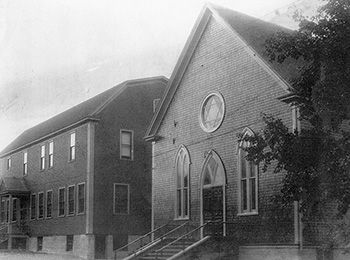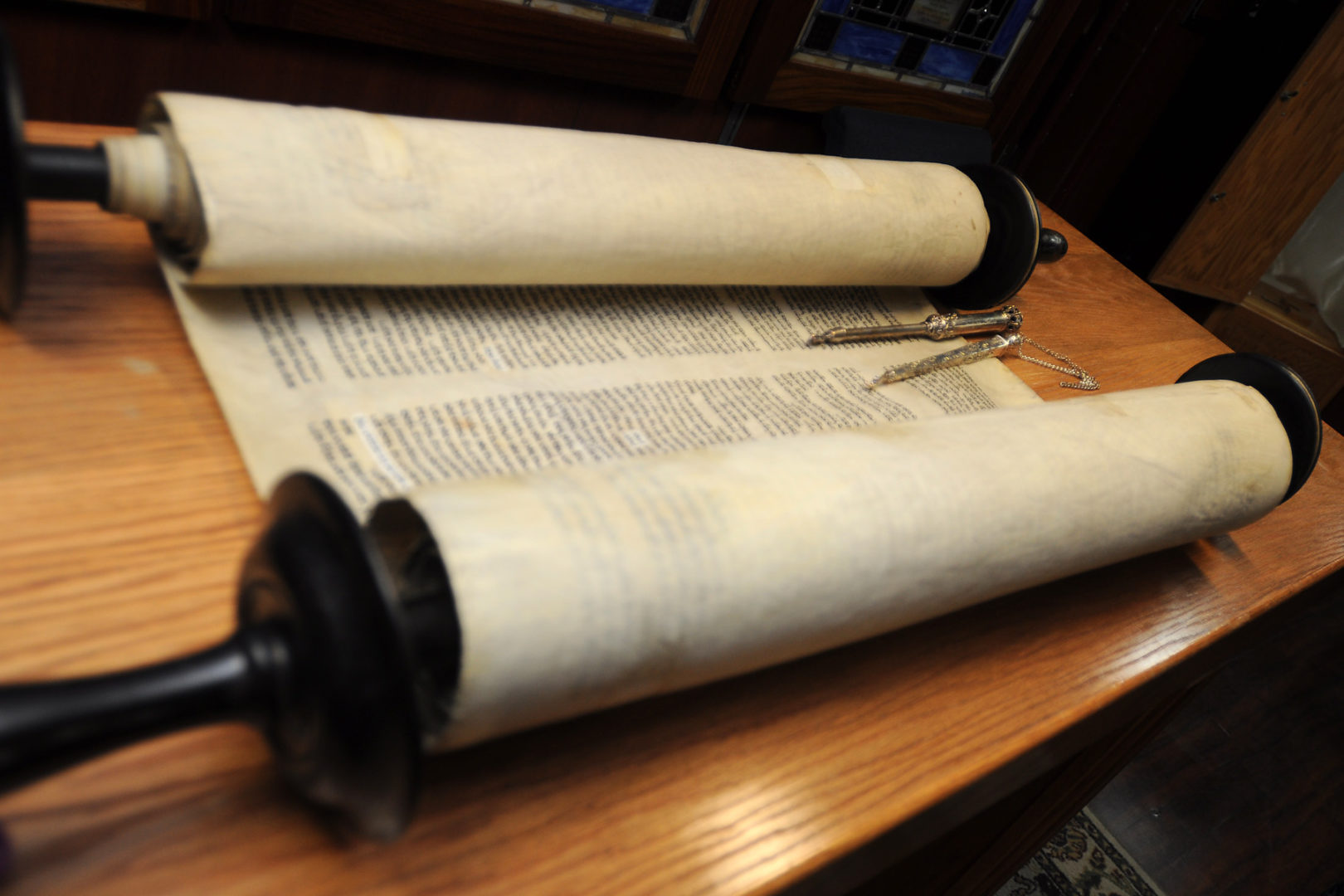Congregation Sons of Israel in Glace Bay, N.S., closed its doors in 2010, after more than a century of operations. Now, the few remaining Jews in the community are thinking of selling the synagogue’s remaining Torah scrolls.
Opened in 1902 with a congregation of 140 people, Congregation Sons of Israel was the first synagogue built in the Maritimes, though others had previously been established in former churches. The Glace Bay shul prospered until the 1960s and ’70s, when young people began moving to Central Canada en masse. It continued to decline into the new millennium.
Today, there are less than 10 Jews living in the Cape Breton community, which still houses a Jewish cemetery that is maintained by the few remaining members of the community. Many Glace Bay Jews moved to Sydney, about 20 km away, and other nearby communities. Some are regulars at Temple Sons of Israel, Sydney’s Conservative shul.

When the traditional Orthodox synagogue closed, two of its three Torahs were moved to Temple Sons of Israel for storage and safekeeping. The third was sold to a Toronto synagogue.
Now, there are calls for the two remaining Torahs to be sold or donated before they they fall into disrepair.
“It took two years to sell the first one,” said Mark Chernin, head of the remaining Glace Bay congregants. “It was a lot of hassle, too, moving the Torah back and forth to Toronto for examination and negotiation before a final price was finalized.”
Rabbi David Ellis, chaplain of the Atlantic Jewish Council, said the Torahs should be put back into use. “If not, they’ll become brittle, cracked and the lettering will wear out over time,” he said.
Chernin, 61, who lives in Sydney and is semi-retired, said the remaining members will gather in the near future to discuss whether to sell, donate or retain the scrolls.
“We don’t want to open the floodgates of requests,” he said, “but we know we have to do something to protect their integrity. Our focus has been on the cemetery, its maintenance and perpetuity, so any proceeds from the sale of the Torahs would go to that fund. We know there are past shul members who would want to be buried in our cemetery, so it needs to be protected.”
